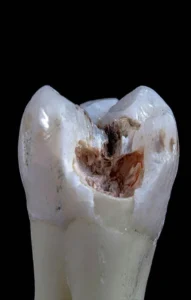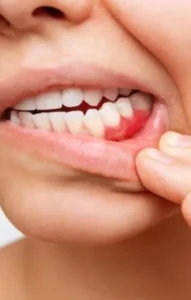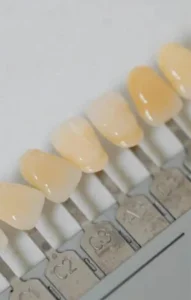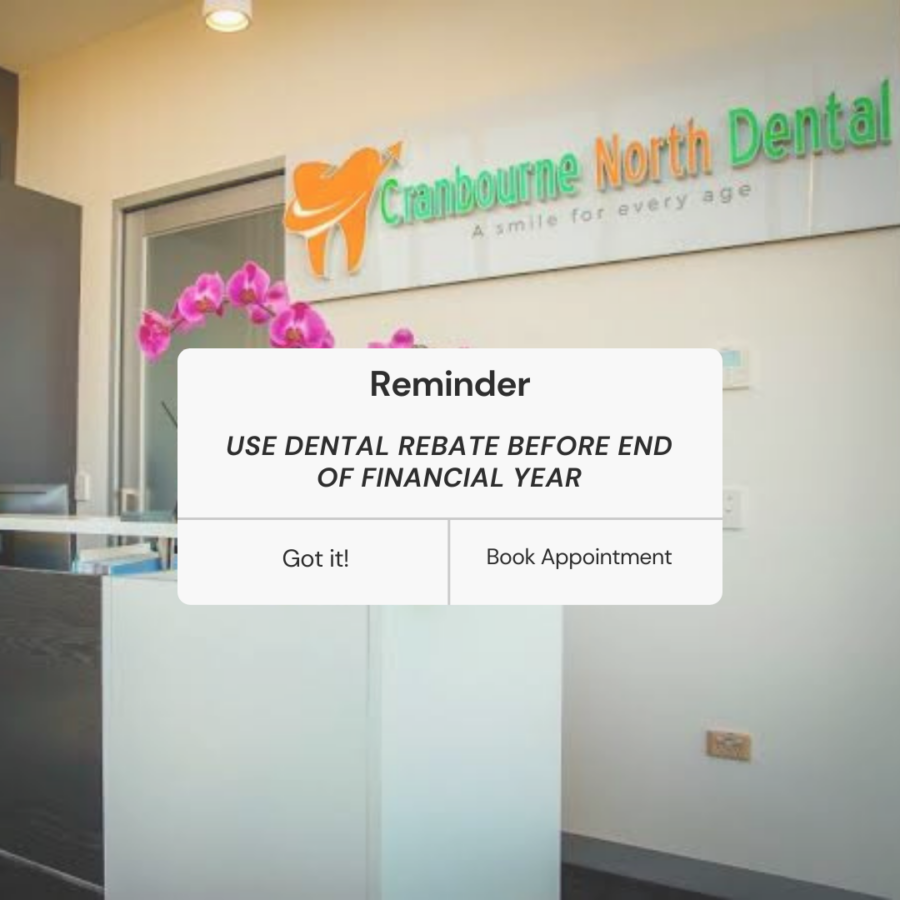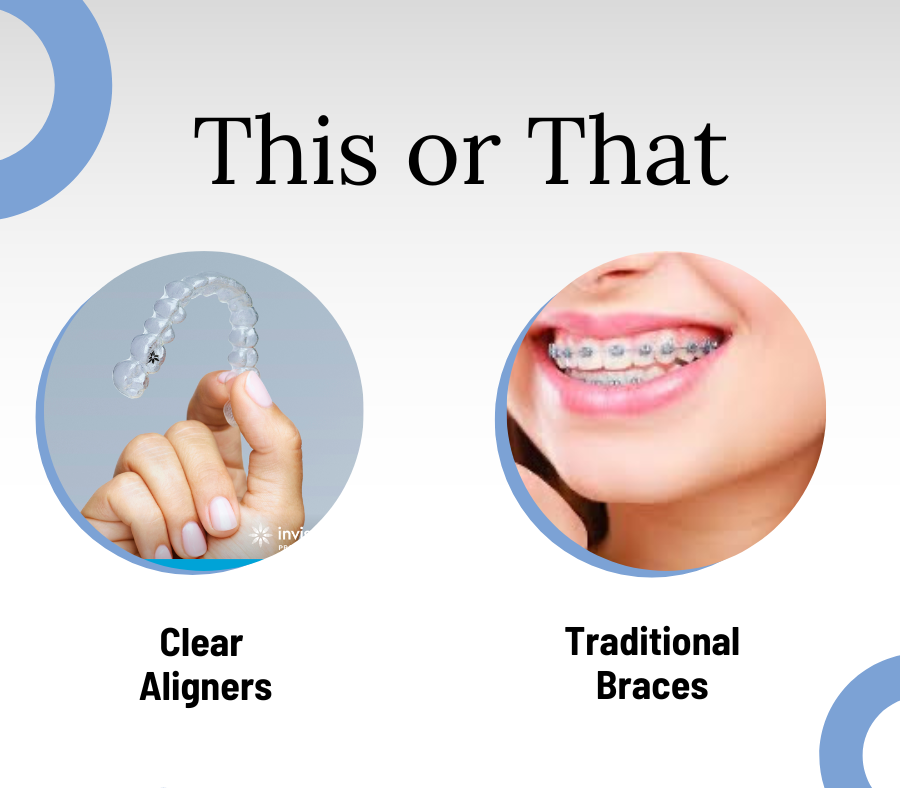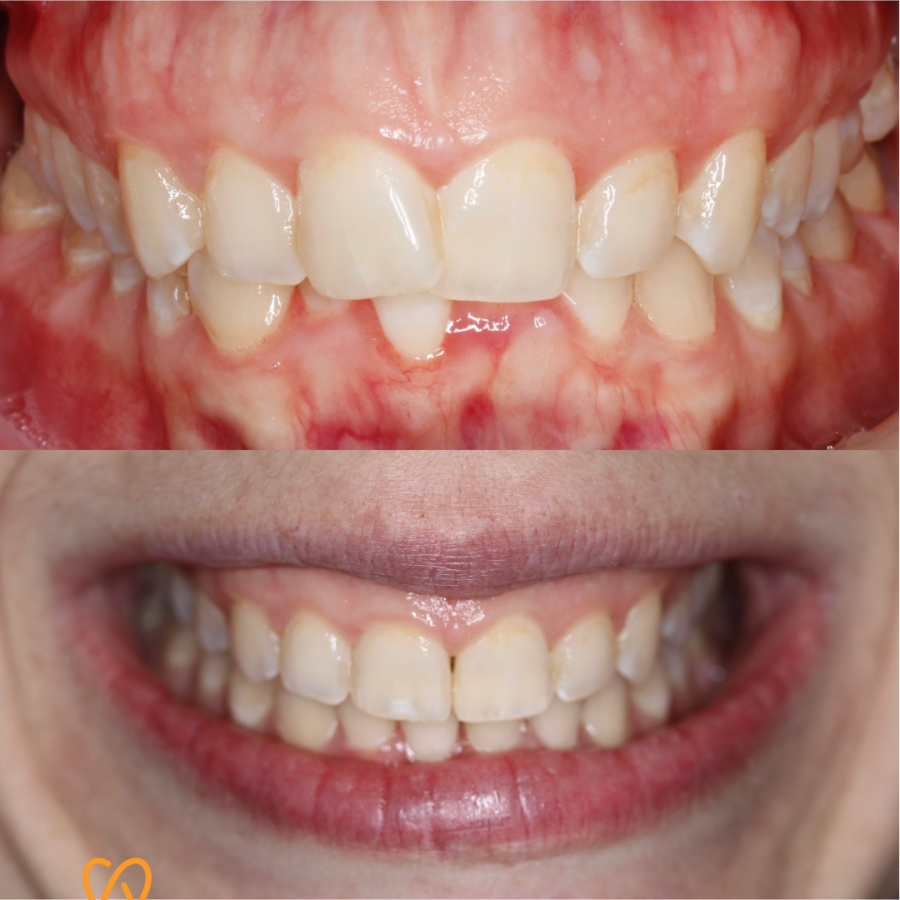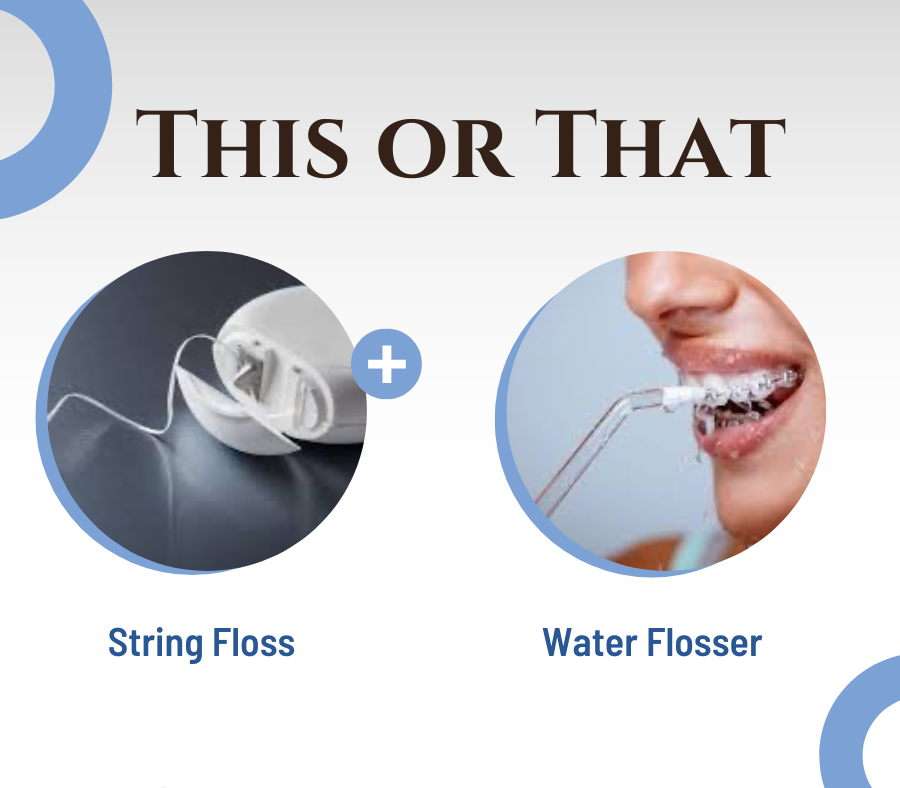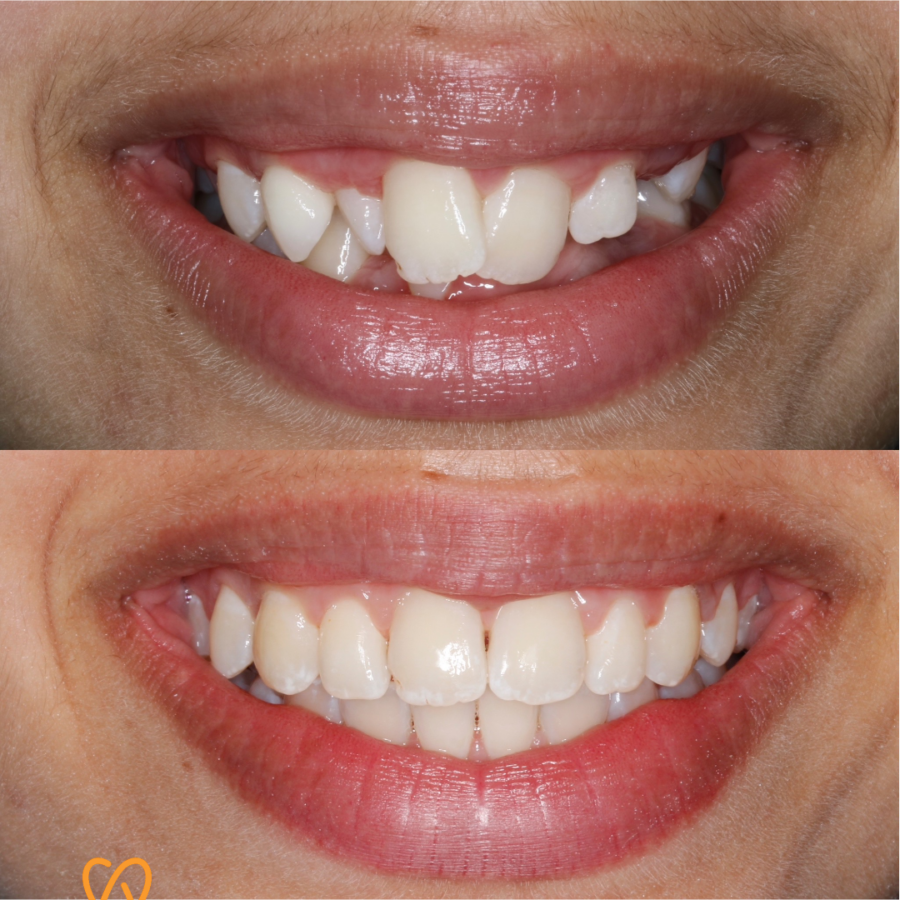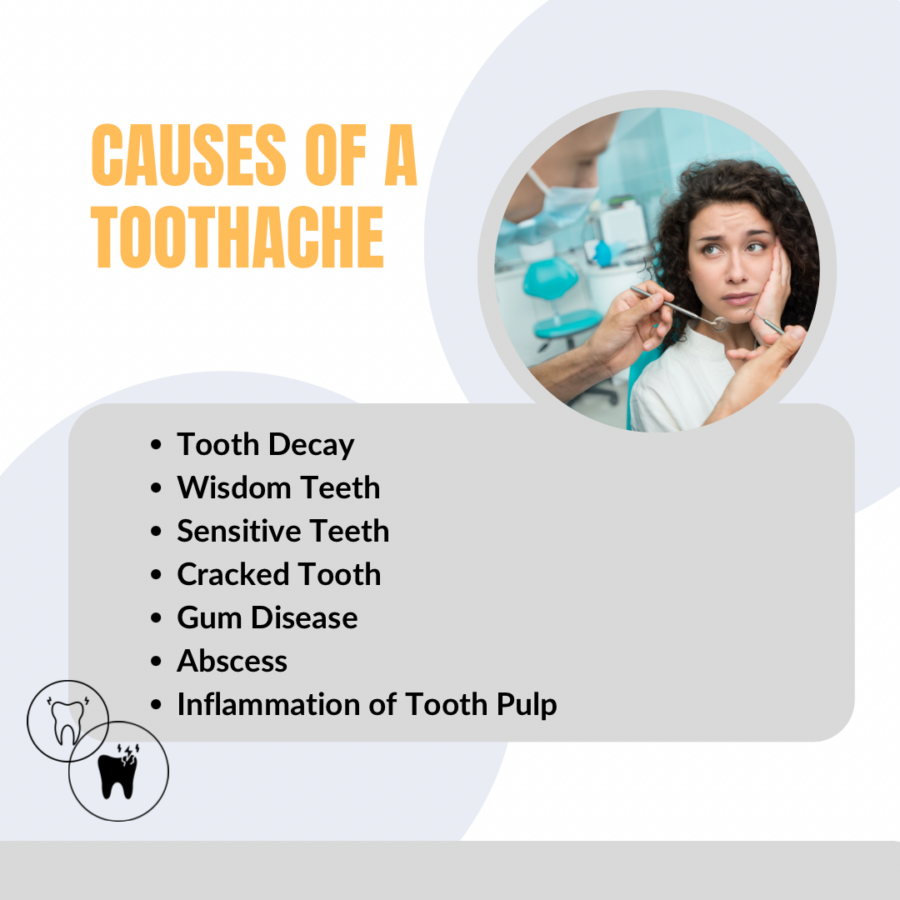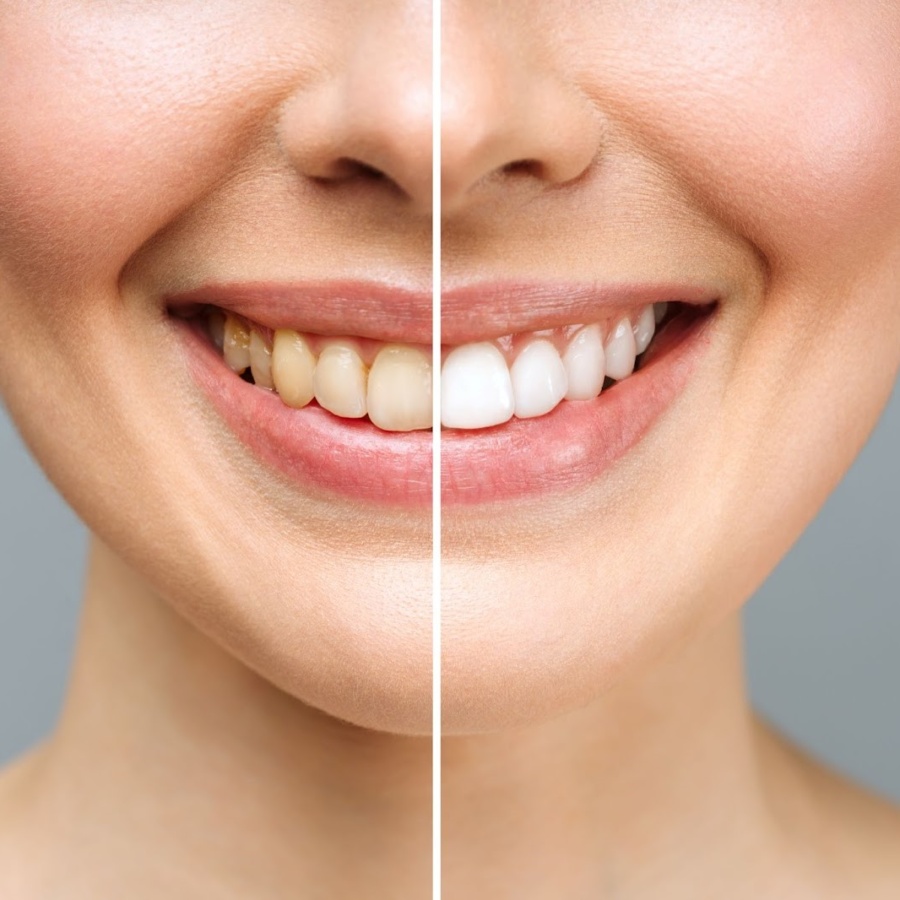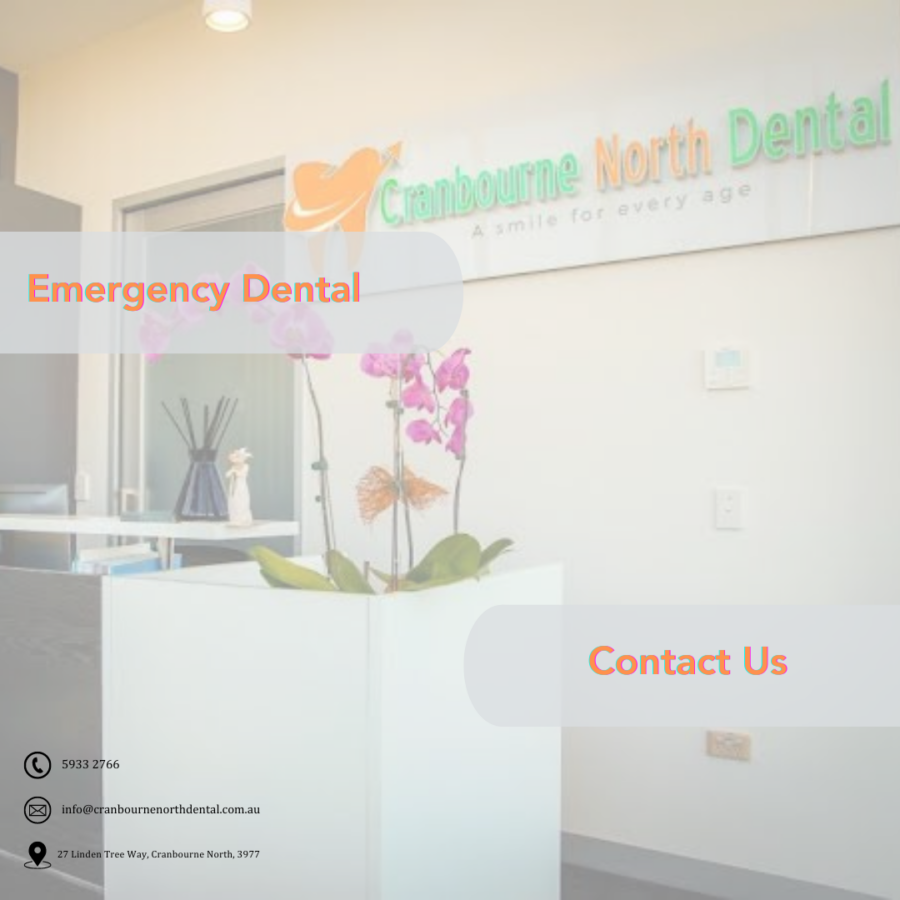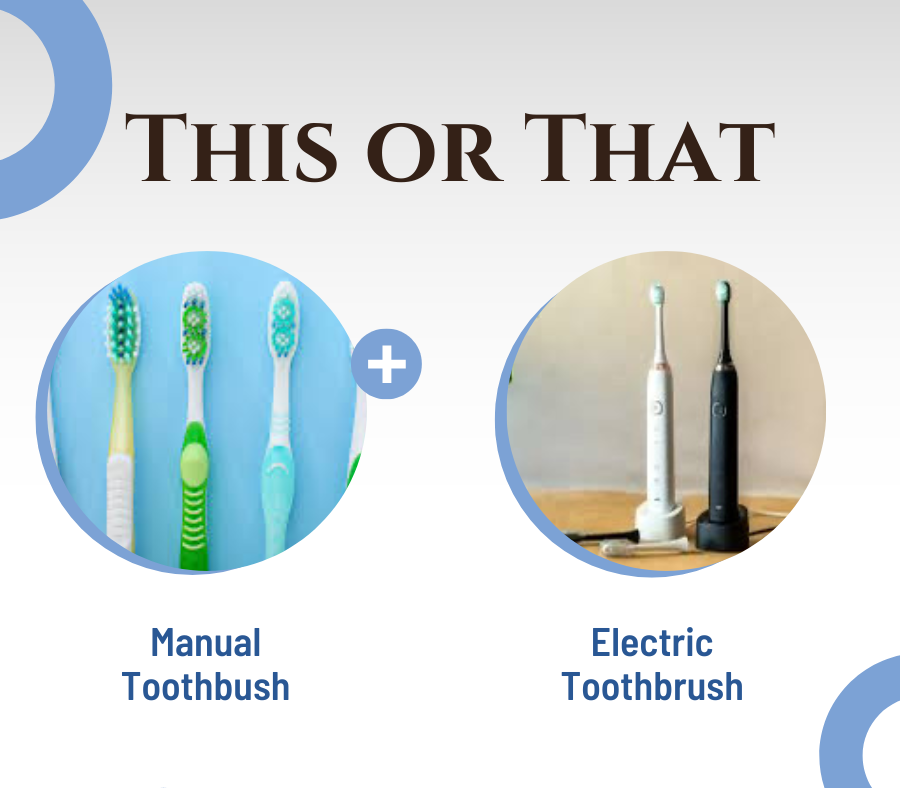
Wisdom Teeth Removal
Wisdom teeth are the most commonly impacted tooth in the mouth. A combination of a changing diet, evolving jaw size and other genetic factors have meant that the human jaw has been shrinking.
As a result, the wisdom teeth, also known as the third molars, are often impacted, causing pain, swelling, food packing and are generally uncomfortable.
Our clinic provides comprehensive Wisdom Teeth removal services, addressing both simple and complex cases. While our skilled Dentists assess each situation individually, there may be instances where referral to an Oral Maxillofacial Specialist is recommended for optimal care.
We also have a variety of payment plans available – giving you the flexibility of paying for your dental procedure later.
Treatment Process
Our experienced dental surgeons provide expert care for your wisdom teeth extraction treatment.
1. X-ray assessment
Our advanced X-ray machines deliver precise imaging for accurate diagnosis and treatment.
2. Treatment options
For those who are anxious about dental procedures, we provide sleep dentistry and dental sedation options for a comfortable experience.
3. Payment options
We also offer multiple payment plan options to help manage the cost of your dental care.
We offer in-house wisdom teeth removal, ensuring continuity and convenience.

Support Your Recovery After Your Wisdom Teeth Extraction Procedure
The recovery process is straightforward, with some simple steps to ensure you heal quickly and comfortably. After your wisdom teeth extraction, you may experience some swelling and discomfort. Using ice packs and prescribed pain relievers will help manage these symptoms. Please stick to soft foods like yoghurt, mashed potatoes, and soup. Avoid hot drinks, spicy foods, and anything that requires chewing.
Maintaining oral hygiene is key. Start rinsing with warm salt water 24 hours after the procedure to promote healing. Avoid using straws and strong rinsing to prevent dislodging the blood clot. Take it easy for a few days and allow your body to rest and heal.
Our team at Cranbourne North Dental is here to support you through the recovery process. Please attend follow-up appointments to ensure everything is healing properly. If you notice excessive bleeding, severe pain, or signs of infection, contact us immediately. We’re dedicated to making your recovery as smooth and comfortable as possible.
Call Us or Book Online Now
Common Problems
Frequently Asked Questions

Do I need to remove my wisdom teeth?
There is a mistaken theory that all wisdom teeth always need to be removed.
If a wisdom tooth is unerupted (not exposed in the mouth) and unlikely to erupt and cause any gum problems, it can stay there forever. You just need to monitor it periodically with dental x-rays.
If a wisdom tooth is partially erupted, most of the time, it will need to be removed especially if it is erupted and impacted in a funny position. Sometimes even if there is no pain / discomfort, it can cause issues further down the track and result in a more difficult removal when you are older.
If your wisdom teeth have erupted well and in a good position, they are just as good as any other molars and as long as you keep it clean, it’s great to leave in your mouth!
Are my wisdom teeth making my other teeth move?
It used to be thought that the eruption of wisdom teeth causes crowding of the front teeth. There have been numerous studies published that have proven that this is incorrect. The reason it may seem so, is because the timing of the teeth drifting forward naturally and the wisdom teeth coming out seems to be similar. The crowding effect is noted on those without wisdom teeth as well so rest assured, this is not a reason to have to take wisdom teeth out.

